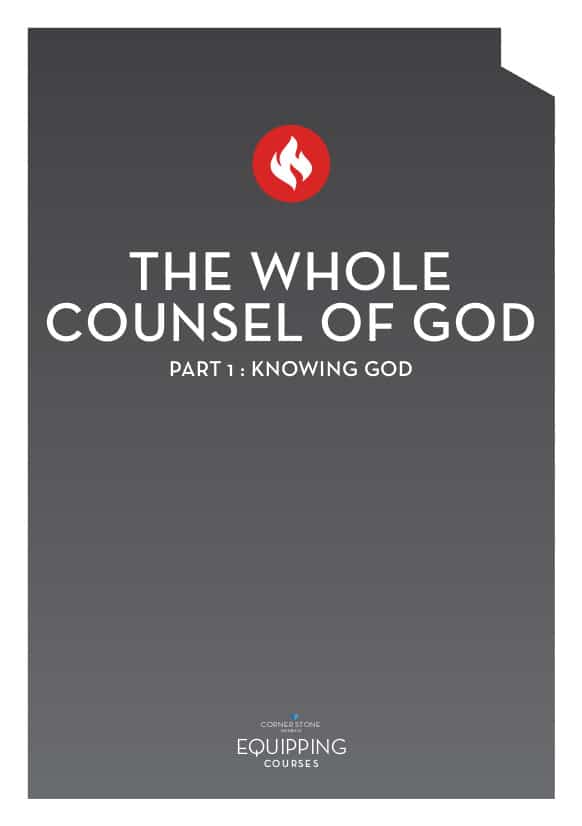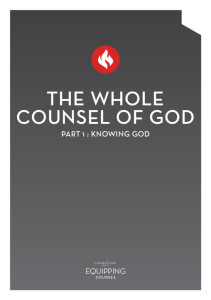
What is water baptism? Why do we do it? Is it some weird, religious ceremony that bears no meaning? What exactly is it about?
Here’s a brief little outline.
The first thing to remember is that water baptism is a very simple matter – you don’t need to go through some hectic course before you can do it; you don’t need to learn Latin so you can chant some strange spiritual phrase; and, if you get baptised, you don’t have to wonder for the rest of your life what exactly it all meant.
If you’ve accepted Jesus as your Lord and Saviour, given Jesus your life, believed that He is the Son of God, put your faith in Jesus (these are just different phrases for the same thing, the act of believing in Jesus) then you can be baptised. And you should. Here’s why.
1) Water Baptism is a symbol, and an important one
Scripture says that when we begin to trust (have faith) in Jesus something real, but miraculous, happens to us. We are ‘born again’, ‘given life’ and ‘regenerated’. Romans 6: 1-14 specifically talks about being ‘dead to sin’ and ‘made alive to Christ’. Essentially, everything about our old way of life and our old desires are changed, made ‘dead’. Perhaps, before, you used to partake in some activity that you knew was wrong but you didn’t care. Now you find you care – and you care very much indeed. Maybe you used to do one or two shady deals at the office, now you find you just can’t do that anymore. Something inside you has changed.
This change has been done by God Himself, through the Holy Spirit. If that sounds spooky to you it’s not. But we can’t go into too much detail on that here as we’re talking about water baptism. The short of it is that God now fellowships and abides with you. He is nudging you in a life of true happiness and joy – a life of less and less sin.You have died to your old way of life – sin – and you are now alive to your new way of life – Jesus. It’s not just your acts that change but also your very nature.
And there’s no limit to what God does in terms of change. You could have been involved in some of the ugliest sinful stuff out there, but God still forgives and He both has and will deliver you from your sin. That’s the end of it.
Going under the water symbolises the reality of this event – you ‘die’ when you go under, you are ‘alive’ when you come back up. Metaphorically, of course. It’s done publicly so that everyone can see your personal commitment to living in Jesus Christ.
It’s also true that the act not only symbolises a past event (when you accepted Jesus) but also a future one – when you will physically die and be raised up to live forever, now with a glorified and sinless body. Just like Jesus who rose up on the third day. Except now God would have made a new heavens and earth (Rev 21:1) where we will live forever in His joyful presence. As can be seen, even all of creation – heaven and earth – will undergo a kind of death and resurrection. What baptism represents goes incredibly deep when you study it.
2) Jesus got baptised, so should we
As we follow Christ we do what Jesus did and even He got baptised. Read Matthew 3: 13 – 17. Jesus also commanded that as we make disciples of all men, bringing them to Him, we also baptise them. Read Matt 28:19-20 for more on that.
In obedience to God’s command it’s good that we get baptised as quickly as possible after we make a commitment to Jesus. This is to help encourage us to go all the way, as it were, with our new commitment.
Baptism, as a physical act, also helps us to deal with doubt in the future. This is because it was an actual event, something that others saw as well, not an abstract or emotional choice that we might question later in life – wondering to ourselves if we really made a commitment to Jesus or not. (Unfortunately, a lot of teaching out there can put these sorts of doubts into our heads.) Now we can look back at a physical, not abstract, event and be sure of the reality of our commitment in our own minds.
In the Old Testament we see God regularly command the Israelites to remember certain days with festivals or altars and that sort of thing. He instructs them to do this so that they won’t forget what He did for them. Baptism is a moment in our lives we can always look back on when the going gets tough to remind us of what Jesus did – he made us dead to sin and alive to Christ. So we can live it!
3) The early church did it, so we do too
There are a number of places in Scripture where it shows the early church baptised. See Acts 2:37 – 41; Acts 8: 12 – 13; Acts 8: 36 – 38; Acts 9: 17; Acts 22: 16; Acts 10: 33 – 48; Acts 16: 13 – 15; Acts 16: 31 – 34. This isn’t holding to a tradition, this is holding to Scripture which commands we be baptised.
4) What about infant baptism; christening; sprinkling etc.
If you were christened; sprinkled; baptised as an infant you still need to get baptised as an adult (or, rather, at an appropriate age of understanding). This is because, as a baby, you can’t make a commitment to Jesus. You don’t even know you have hands and feet yet! Never mind deciding to turn away from your sins and making a commitment to Jesus. This is also why (amongst other reasons) at Cornerstone we don’t do infant baptisms.
5) Still not sure about this? No problem 
You can chat to any of the elders, your Life Group leader, or download our Christ-Centred Life booklet for more. This booklet takes you through the foundations of the Christian faith.
6) Want to get baptised? Awesome 
Chat to any of the elders or your Life Group leader. If you’re not that integrated yet into Cornerstone, give any of the elders a call at 011-616-4073.







